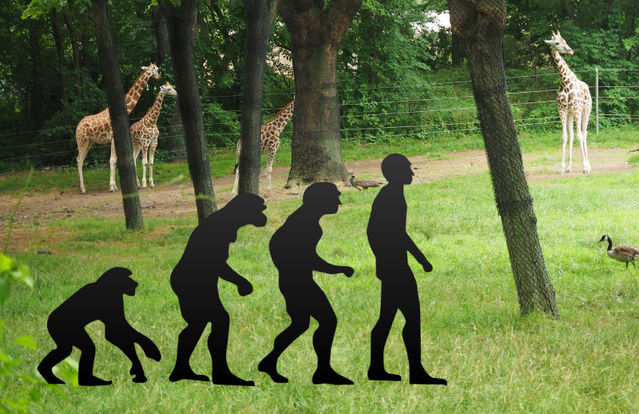

When you step back and look at who we are and how we got here, it is not surprising that we have problems. We humans are mammals with a difference. We have the amazing ability to reflect on ourselves and our choices. Mostly we stay in our "comfort zone" but occasionally, we really disagree with what our mind has in mind and decide to leave what is most comfortable to do what our thinking self deems best.
But notice that only we humans have such a highly developed ability to self-observe and think. That means that the majority of our problem solving ability comes from before we existed and goes on behind the scenes as it does in other mammals. So what our minds do is find what they think is the right answer, pop it into our consciousness, and send us feelings, thoughts and impulses to make sure we follow our mind's advice. That's what makes up our comfort zone.
Is it a surprise that the problem solving coming from the "black box" of our non-conscious mind is not always correct? A lot of the patterns we develop come from very early ages, when our mind's grasp of reality is not yet mature. Then add on top of that, that many of the problems we solve have to do with kids and parents, and are not that relevant to where our adult life ends up. What if, in early life, your mind learned it is safer never to trust. Then as an adult, you will have real problems with relationships.
In my new book, Getting the Most From Your Therapy: Become an Educated Consumer, I show you the 18 different ways your mind can lead you astray. But the bottom line is that there are two paths to change.
One is to face your difficult feelings. This means allowing yourself to experience them in a full, visceral way. Open the windows and doors of your feelings and let them out in he context of a safe and empathic connection with someone you trust. Recent science has shown that this actually allows you to erase the fears and negative associations from which your mind was trying to protect you.
The other is to use your reflective mind to go against your comfort zone and trade in the dysfunctional behaviors that keep you stuck with your mind's attempts at problem solving. Of course, someone who doesn't have your blind spots will help you identify these, and a rooting section helps a lot, too.
If you use these two approaches, starting with whichever one is easiest, you can teach yourself new ways to solve problems that are much more effective than your mammalian mind's best efforts. It isn't always easy, but it isn't rocket science, either.
See my website, http://www.howtherapyworks.com for more information and a link to the new book on Amazon. It will be free on Wednesday, January 20, 2016.

